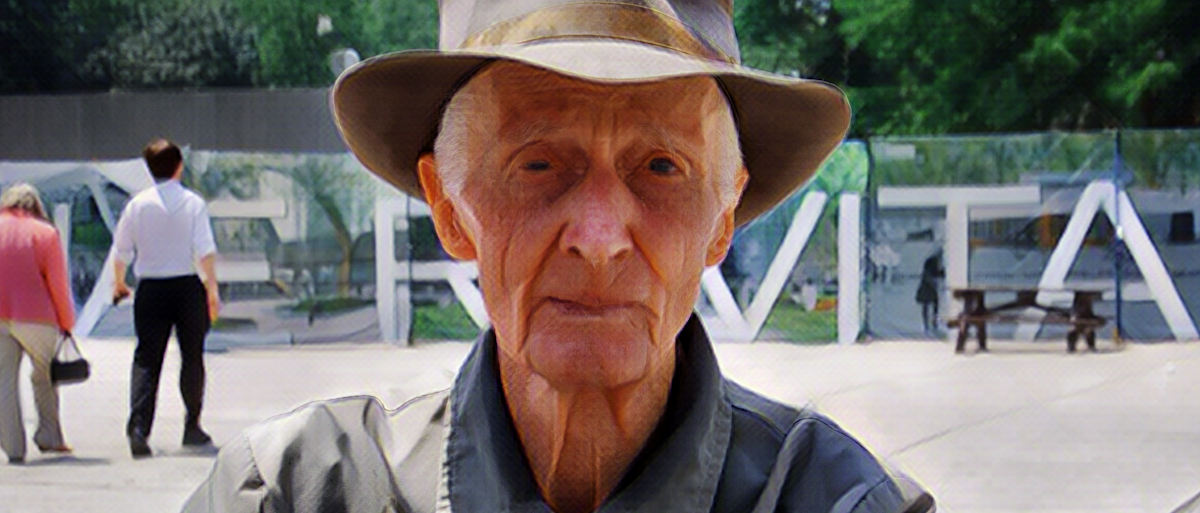
Where does loneliness come from? Is it a manifestation of broken neurons and/or neural networks? Or is it a combination of damaged neurophysiology and the reaction by family, friends, and society to the way the injury manifests? We don’t know enough to answer that. And I’m not sure if anyone is researching if brain injury itself causes a sense of loneliness.
My Pastor once said to me that loneliness is the biggest disease North American society suffers from. We’ve often heard and given the many reasons to not stay in consistent, reliable relationships — I’m busy. And so North Americans have changed the definition of friendship to call irregular get-togethers that — we don’t need to meet often because it’s just like picking up where we left off, kind of thing. It creates loneliness, that nagging sense of things aren’t all that they should be.
I think, until the COVID-19 pandemic thudded into our lives, the healthy and busy could bat away that sense of loneliness and still find excuses for not maintaining normal relationships, you know, the kind of relationships human beings held for millennia of talking and being together every day, which prospered our societies and kept us heart and psychologically healthy. But those with brain injury could not hold on to the fallacy of monthly calls is a friendship. When daily life begins with a fatiguing, painful struggle to get up, it becomes very obvious that we need other human beings in our lives daily. We need that familiar voice, that comfortable presence of a known friend to divert us from the struggle, encourage and help us, and, when we can, to do that for them, as well.
But does loneliness emerge only out of broken relationships?
When you have a lack of affect or returning affect, it seems to also affect a sense of bonding with other human beings. You know you’re bonded; you know you’ve enjoyed laughs, adventures, deep discussions, sought help, have helped, hugged. fought, made up, gone shopping and dining together, but you don’t feel that anymore. There’s no sense of desire to keep connected when fatigue drags you down and you no more hold a sense of that person in your mind. I remember a man in a documentary saying in a neutral tone, devoid of emotion, that he no longer loves his wife. He hadn’t fallen out of love. He just could not feel it anymore, and so he could wander off to watch the trains and not feel the absence of his wife. In her book Over My Head, Dr. Claudia L. Osborn relates a similar state of absence toward her partner. Does that state set a person up to feel alone and that leads to loneliness? I think this area needs research. Research would not only help those with brain injury and their confused, angry, grieved, and lost friends and family, but also tell us much more about who we are as a species.